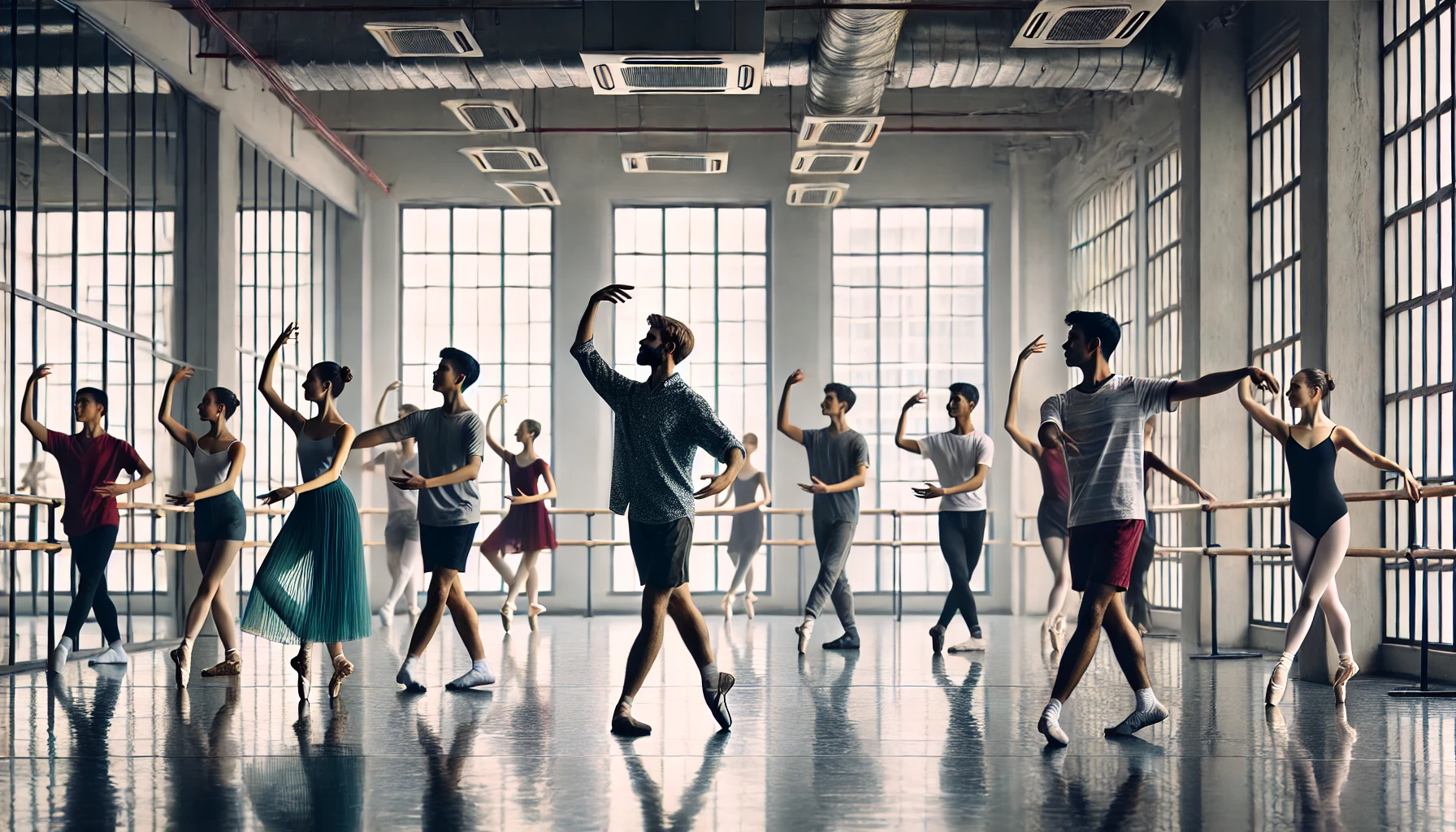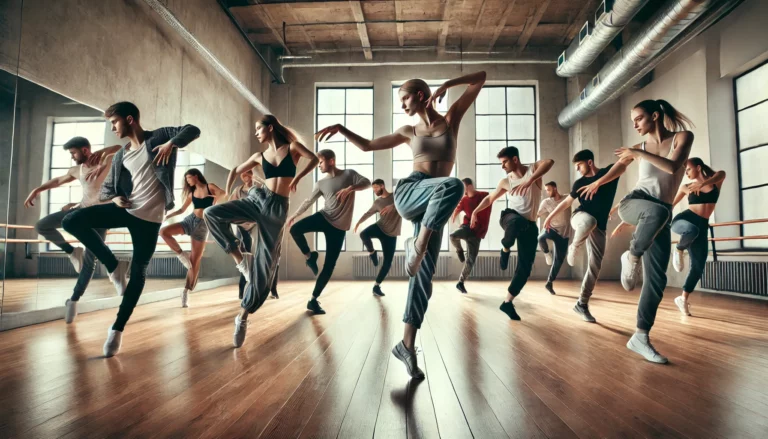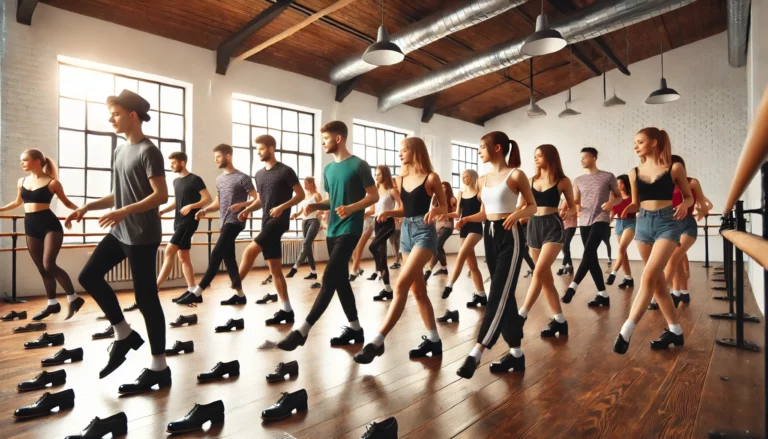How to Learn Ballet Dance
Ballet, with its grace and elegance, is a timeless art form that has captivated audiences for centuries. Whether you’re an aspiring dancer or simply curious about the craft, learning ballet can be a rewarding journey. In this guide, we’ll explore the essential steps to help you get started on your ballet journey, understand its fundamentals, and grow as a dancer.
Understanding Ballet: The Basics
Before diving into the physical aspect of ballet, it’s important to understand its history and terminology. Ballet originated during the Italian Renaissance and evolved in France, where it was refined and formalized. Knowing the history can enrich your appreciation and understanding of the discipline.
Getting Started: The Essentials
1. Find a Good Ballet School
The first step in learning ballet is to find a reputable ballet school. Look for a school with experienced instructors, a comprehensive curriculum, and a supportive environment. It’s crucial to start with proper guidance to develop correct techniques and avoid injuries.
2. Invest in the Right Gear
Investing in the proper attire is essential. You’ll need:
- Ballet shoes: These should fit snugly but comfortably.
- Leotards and tights: These allow for full range of movement and let instructors see your form.
- Ballet skirts: Optional but can enhance your practice experience.
- Hair accessories: Keep your hair neatly in a bun.
3. Learn the Basic Positions and Movements
Ballet is built on five fundamental positions. Mastering these is crucial as they form the basis for more complex movements.
- First Position: Heels together, toes turned out.
- Second Position: Feet shoulder-width apart, toes turned out.
- Third Position: One foot in front of the other, with the heel touching the arch of the back foot.
- Fourth Position: One foot in front of the other, but with a gap between them.
- Fifth Position: One foot in front of the other, with the heel touching the toe of the back foot.
Practicing these positions regularly will help build your strength and balance.
The Importance of Warm-Up and Conditioning
Ballet is physically demanding, requiring strength, flexibility, and endurance. A good warm-up routine prepares your body for the rigorous activity and helps prevent injuries.
4. Warm-Up Exercises
- Plies: These are knee bends that warm up your legs and hips.
- Tendus: Sliding the foot along the floor to strengthen the feet and legs.
- Releves: Rising onto the balls of your feet to build calf strength and balance.
Consistent warm-up routines are crucial for maintaining your body’s readiness for ballet exercises.
5. Strength and Flexibility Training
In addition to ballet classes, incorporating strength and flexibility training can greatly enhance your performance. Pilates, yoga, and specific ballet conditioning exercises can help you develop the necessary physical attributes.
Mastering Ballet Techniques
6. Focus on Technique
Ballet technique is the foundation of all movements. Pay close attention to your form, alignment, and precision.
- Barre Exercises: These foundational exercises help you develop proper technique and muscle memory.
- Center Work: Practice movements in the center of the room to improve balance and control.
- Across the Floor: Combine steps and movements to build fluidity and coordination.
Proper technique not only improves your performance but also reduces the risk of injury.
7. Understand Musicality and Expression
Ballet is not just about physical movement; it’s also about expression and musicality. Understanding the music and how to interpret it through your movements is crucial. Work on your timing, rhythm, and emotional expression to convey the story or emotion behind the dance.
Building Your Ballet Routine
8. Set Realistic Goals
Set achievable goals for your ballet journey. Whether it’s mastering a particular move, improving your flexibility, or preparing for a performance, having clear objectives keeps you motivated and focused.
9. Practice Regularly
Consistent practice is key to progress in ballet. Aim to practice multiple times a week, both in class and at home. Use mirrors to check your form and make corrections.
10. Seek Feedback
Regular feedback from instructors is invaluable. Don’t be afraid to ask questions and seek advice on how to improve. Constructive criticism is a vital part of the learning process.
Overcoming Challenges
Learning ballet can be challenging, but perseverance is essential. It’s normal to encounter difficulties and setbacks. Stay committed, be patient with yourself, and celebrate your progress, no matter how small.
Enhancing Your Ballet Skills
Consistent practice and proper guidance are crucial to enhance your ballet skills effectively. Here are some tips to help you improve:
- Attend Regular Classes: Consistency is key to mastering ballet.
- Work on Flexibility: Stretch daily to improve your range of motion.
- Strengthen Core Muscles: A strong core supports balance and control.
- Practice at Home: Use online resources and videos to supplement your learning.
- Watch Performances: Observing professional dancers can provide inspiration and insight.
By following these tips, you can enhance your ballet skills and progress faster.
Embracing the Ballet Community
Ballet is not just an individual journey; it’s also about being part of a community. Engage with fellow students, participate in performances, and immerse yourself in the culture of ballet.
Conclusion
Learning ballet is a journey that requires dedication, patience, and passion. By following these steps and embracing the art form, you can develop as a dancer and enjoy the beauty and discipline of ballet. Remember, every great dancer started as a beginner, and with perseverance, you too can achieve your ballet dreams.





